 |
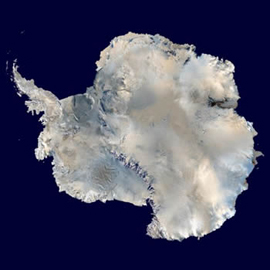 |
Tracking Changes in Antarctic Ice Sheets
The amount of water locked up in ice sheets is so large that even minor melting can increase the rate of sea level rise around the world, affecting billions of people who live in coastal areas. POLENET (the Polar Earth Observing Network) is a project in which scientists and engineers are working together in the polar regions to understand how the Earth’s surface responds to changing polar ice sheets.
The POLENET project is collecting GPS and seismic data from remote sites on the Antarctic and Greenland ice sheets. These measurements will help the team model how much ice was lost over the past 10,000 years since the last major ice age. Combining this data with information gathered by satellites will allow POLENET to figure out how the ice sheets are changing in response to recent climate change.
During late 2008, Kelly Carroll will be sending in virtual postcards to Windows to the Universe describing his experience with this research. |
Postcards
 It Takes a Lot to Get Here from Kelly Carroll, November 18, 2008
It Takes a Lot to Get Here from Kelly Carroll, November 18, 2008
Last modified November 23, 2008 by Lisa Gardiner.
You might also be interested in:
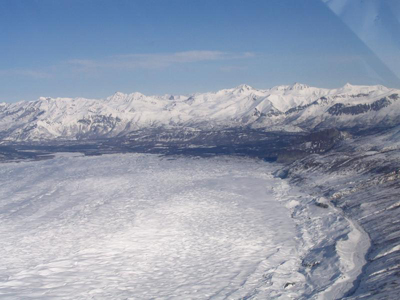
For a glacier to develop, the amount of snow that falls must be more than the amount of snow that melts each year. This means that glaciers are only found in places where a large amount of snow falls each
...more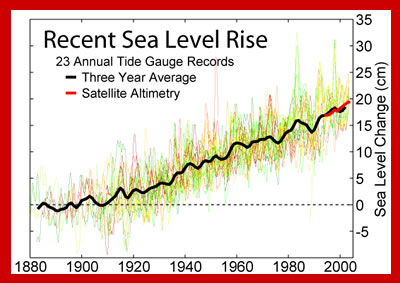
The low-lying coast of Bangladesh in South Asia is home to millions of people, yet the amount of sea level rise predicted for the 21st Century is expected to change that, flooding homes with seawater and
...more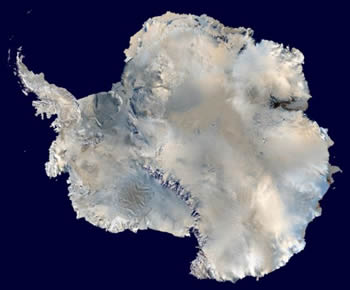
What Will You Find There? South of the Antarctic Circle (at 66.5°S latitude) you will find the continent of Antarctica surrounded by the Southern Ocean, the geographic South Pole and the magnetic South
...more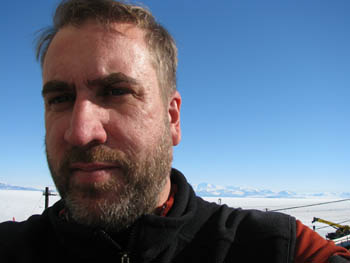
Kelly Carroll is a geologist for The Polar Earth Observing Network (POLENET). Kelly grew up backpacking and hiking in the Appalachian Mountains. Interested in the outdoors, he was curious how the great
...more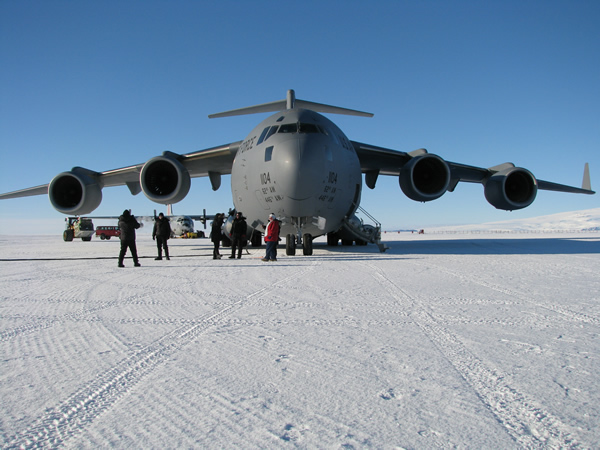
Greetings. This is my first official day at McMurdo Station, the main US research base in Antarctica. I am very excited to start bringing you the stories of POLENET science and what life is like as we
...more
When scientists go out to explore the Earth they often wind up in pretty interesting places and doing pretty interesting things. And they are learning more about how our planet works through the fieldwork.
...more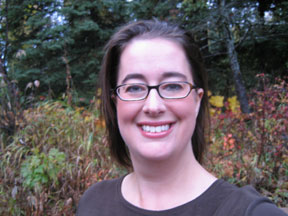
This is my 10th year with the Anchorage School District as a science teacher, currently working with K-12 teachers around the district rather than in a classroom. My most recent classroom time was as a
...more


 It Takes a Lot to Get Here from Kelly Carroll, November 18, 2008
It Takes a Lot to Get Here from Kelly Carroll, November 18, 2008














